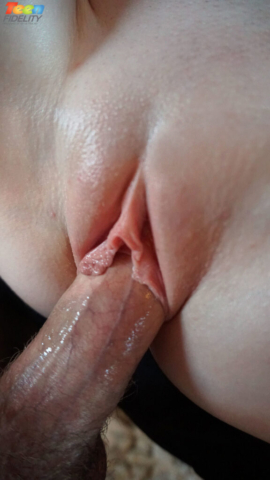Hormonal changes are a significant factor in women’s sexual health and can influence their sexual experiences and desires at different stages of life. From puberty to menopause, hormonal fluctuations impact libido, sexual comfort, and overall sexual well-being. This article explores how hormonal changes affect women’s sexuality throughout various life stages and provides insights into managing these changes to maintain a healthy and satisfying sexual life.
1. Hormonal Changes During Puberty
a. Onset of Menstruation Puberty marks the beginning of menstrual cycles, which introduces hormonal changes that can affect sexual desire and comfort. The increase in estrogen and progesterone levels during puberty leads to physical development, including breast growth and changes in vaginal lubrication. These changes can impact sexual awareness and interest as young women navigate their emerging sexuality.
b. Development of Sexual Interest During puberty, the increase in sex hormones often leads to the development of sexual interest and desire. Adolescents may experience heightened libido as they become more aware of their own bodies and sexual identity. It’s essential to provide accurate sex education and support to help young women understand and manage these new feelings responsibly.
2. Hormonal Changes During Reproductive Years
a. Menstrual Cycle Fluctuations Throughout the reproductive years, hormonal fluctuations during the menstrual cycle can affect sexual desire and comfort. For example, estrogen levels are typically higher during the ovulation phase, which can increase libido. Conversely, some women may experience lower libido or discomfort due to premenstrual syndrome (PMS) or menstrual cramps.
b. Pregnancy and Postpartum Period Pregnancy brings significant hormonal changes that can impact sexual desire. Hormones such as progesterone and estrogen increase to support the pregnancy, which can lead to changes in libido. Some women may experience heightened sexual desire, while others may have decreased interest due to physical discomfort or emotional changes.
The postpartum period also involves hormonal adjustments as the body returns to its pre-pregnancy state. These changes can affect sexual desire and comfort. Factors such as fatigue, breastfeeding, and physical recovery can influence sexual experiences. Open communication and gradual reintroduction of sexual activity can help couples navigate this period.
c. Contraception and Hormonal Methods Hormonal contraceptives, such as birth control pills, patches, or injections, can influence libido and sexual experiences. While these methods are effective in preventing pregnancy, they can sometimes cause side effects such as reduced sexual desire or changes in vaginal lubrication. Consulting with a healthcare provider to find the most suitable method and addressing any side effects is essential for maintaining sexual health.
3. Hormonal Changes During Perimenopause
a. Transition to Menopause Perimenopause is the transitional period leading up to menopause, characterized by fluctuating hormone levels, particularly estrogen. This phase can result in irregular menstrual cycles, hot flashes, mood swings, and changes in sexual desire. Women may experience decreased libido due to hormonal changes, vaginal dryness, or discomfort during intercourse.
b. Managing Symptoms To manage symptoms associated with perimenopause, women can consider various strategies, including:
- Hormone Replacement Therapy (HRT): HRT can help alleviate symptoms by stabilizing hormone levels. However, it’s important to discuss the benefits and risks with a healthcare provider.
- Lubricants and Moisturizers: Using vaginal lubricants and moisturizers can help address vaginal dryness and improve comfort during intercourse.
- Lifestyle Changes: Regular exercise, a balanced diet, and stress management can support overall well-being and help mitigate some perimenopausal symptoms.
4. Hormonal Changes During Menopause
a. Post-Menopausal Hormonal Shifts Menopause, which typically occurs around age 50, marks the end of menstrual cycles and a significant decline in estrogen levels. This decline can lead to symptoms such as vaginal dryness, decreased libido, and changes in sexual arousal. Some women may also experience mood changes and decreased sexual satisfaction as a result of these hormonal shifts.
b. Addressing Post-Menopausal Sexual Health Women can take several steps to maintain sexual health during and after menopause:
- Vaginal Estrogen Therapy: Local estrogen treatments, such as creams, rings, or tablets, can help alleviate vaginal dryness and improve sexual comfort.
- Sexual Wellness: Engaging in regular sexual activity and maintaining intimacy with a partner can help preserve sexual function and satisfaction.
- Health and Well-Being: Continuing with a healthy lifestyle, including exercise and a nutritious diet, supports overall well-being and can positively impact sexual health.
5. Conclusion
Hormonal changes throughout a woman’s life significantly influence her sexual health and experiences. From puberty to menopause, hormonal fluctuations can affect libido, sexual comfort, and overall satisfaction. By understanding these changes and implementing strategies to manage their effects, women can maintain a healthy and fulfilling sexual life. Open communication with healthcare providers, exploring treatment options, and adopting healthy lifestyle practices are key to addressing the challenges associated with hormonal changes and enhancing sexual well-being.














